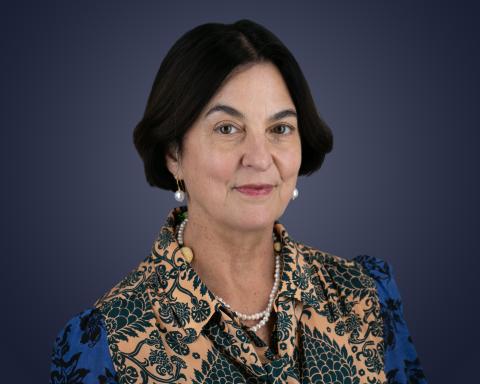Karen Egan was mentioned in Reuters on "Vodafone to sell Spanish arm to Zegona for $5.3 billion"
1 November 2023Enders Analysis' Karen Egan said the multiple of 5.3 times core earnings was well below other recent deals, and was disappointing in the context of Vodafone's history in Spain, where it had paid 7.2 billion euros to buy Ono in 2014.
But she said Della Valle was under pressure to deliver a deal, and Zegona's track record in Spain made it somewhat uniquely qualified to take on the challenge.


